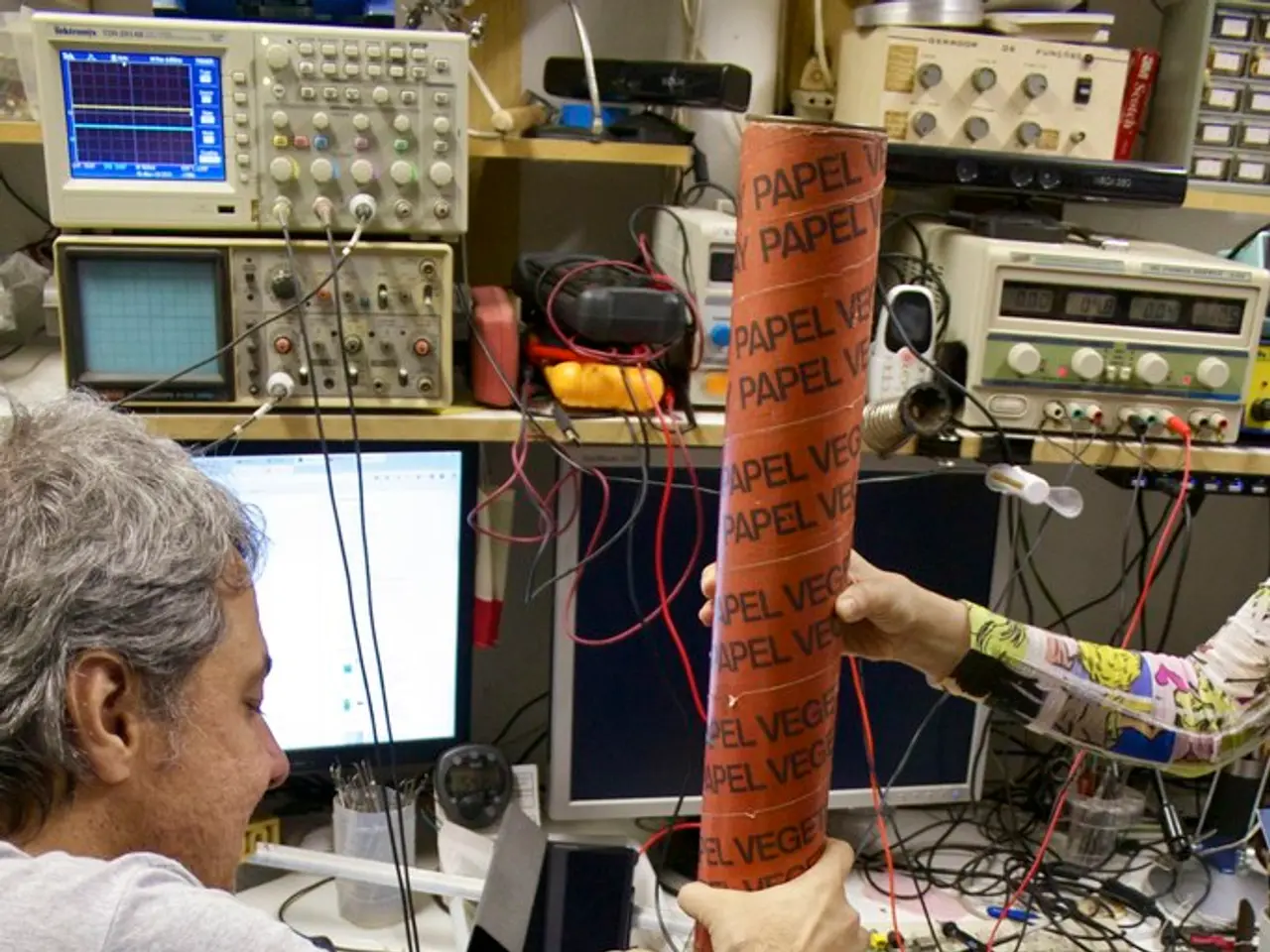Quantum Computing Industry Booms, Driving Global Workforce Expansion
The quantum computing industry is indeed booming, with a significant increase in job postings and a global effort to expand the workforce. By 2024, over 1% of all job postings will require quantum skills, highlighting the growing demand for experts in this field.
Between 2011 and mid-2024, job postings seeking quantum skills tripled. Currently, employers are looking for quantum algorithm developers, error-correction scientists, and data scientists with qubit experience. The United States now advertises more quantum-related roles than it has qualified domestic workers, indicating a gap in the domestic workforce.
To address this, the United States has invested over $2.5 billion in workforce development through the National Quantum Initiative and the Chips and Science Act. Canada's National Quantum Programme also focuses on expanding the workforce. Meanwhile, the European Commission's Digital Europe programme will fund a Quantum Digital Skills Academy from 2025 to 2027.
In 2021, about half of graduates entering quantum-related fields were foreign students, demonstrating the international appeal of these programmes. Germany leads in quantum-related master's programs, followed by the UK and the US. Notable German universities offering these programs include the Ludwig Maximilian University of Munich (LMU München) and the Technical University of Darmstadt (TU Darmstadt). MIT also attracts diverse students with its course blending science and commerce for quantum computing.
The rapid growth of the quantum computing industry has created a significant demand for skilled workers. Governments and educational institutions worldwide are investing in workforce development to meet this demand and attract the next generation of quantum experts.






